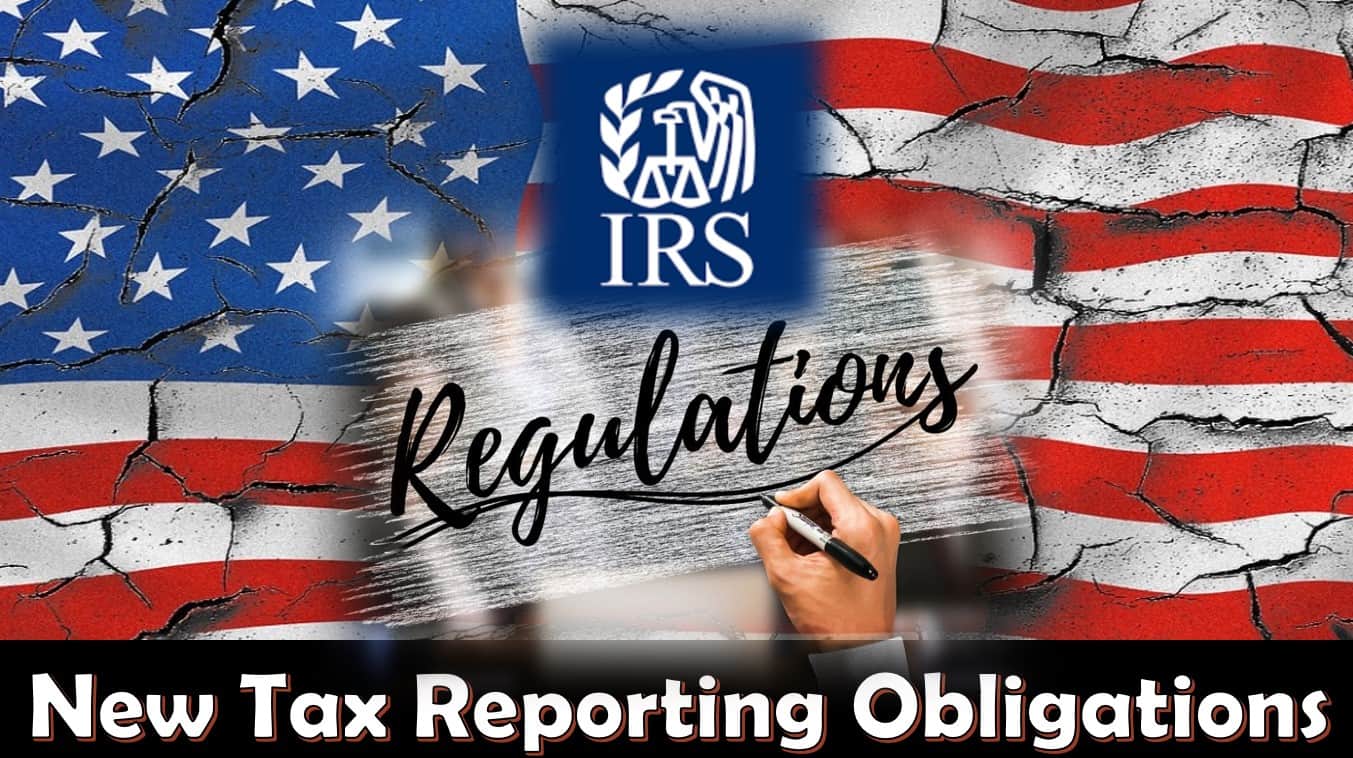
Liberty & Freedom at Risk As SEC Sues Binance & Coinbase
The U.S. Securities and Exchange Commission (SEC) has filed a sweeping lawsuit against the world’s largest crypto exchange, Binance, its CEO Changpeng Zhao (CZ), and BAM Trading, the operating company for Binance.
The SEC alleges that Binance violated federal securities laws by offering unregistered securities to the public in the form of various cryptocurrency tokens and coins.
The complaint also accuses Binance of violating securities laws by offering a staking service, failing to register as a clearing agency, broker and exchange, and allowing commingling of customer funds.
In addition, the SEC claims that CZ secretly controlled Binance.US and inflated its trading volume using a CZ-owned and operated entity.
The SEC’s charges against Binance come at a time when regulators are tightening their grip on the crypto industry as a whole. The lawsuit is likely to have far-reaching implications for other exchanges as well as investors in the space.
Binance has responded to the allegations with a statement denying any wrongdoing and expressing disappointment with the SEC’s unilateral attempt to define market structure in crypto assets without consulting industry stakeholders or taking into account existing regulations in different jurisdictions around the world.
SEC Goes After Coinbase
As if taking on Binance, the world’s largest cryptocurrency exchange wasn’t enough, one day after filing that suit, the SEC decided to take on Coinbase, Inc.
Coinbase, the largest cryptocurrency exchange in the U.S., has been charged by the U.S. Securities and Exchange Commission (SEC) for operating an unregistered platform as an exchange, broker, and clearing agency.
According to the SEC’s statement, Coinbase is accused of offering and selling securities without registering with the SEC or qualifying for an exemption from registration.
The charges stem from Coinbase’s staking-as-a-service program which was launched in April 2020. The program allowed customers to earn rewards in digital assets through staking activities on its platform.
The SEC alleges that this constituted an offer and sale of securities without registering with the SEC or qualifying for an exemption from registration.
Coinbase Requested Clarity
While Gary Gensler continues to say that crypto companies can just come in a register, many have tried… and failed.
Coinbase is one of those companies. This frustration led them to take legal action.
Coinbase filed an Administrative Procedure Act challenge in July 2022, asking the court to force the SEC to respond to its petition for formal rulemaking in the digital assets industry.
The SEC had not responded by April 2023, prompting Coinbase to take legal action.
The U.S. Court of Appeals for the Third Circuit has given the SEC one week to respond to Coinbase’s rulemaking petition.
The court order requires the SEC to either decline the petition and explain why, or provide a timeline for when a decision is expected.
The cryptocurrency exchange is now awaiting a response from the regulator within seven days of June 7th, 2023. If it does not receive a response from the SEC by then, Coinbase may take further legal action.
In a tweet thread, Coinbase’s Chief Legal Officer, Paul Grewal said:
“Rules of the road, from legislation or rulemaking or both, must come before enforcement actions. That is why we petitioned the SEC for rulemaking nearly a year ago in the first place”
Cryptos Named in Suits
Each time a new allegation is leveled against a crypto related project or company, there seems to be an ever increasing list of the cryptos that the SEC considers to be securities.
In their complaint against Coinbase, the SEC identified 13 cryptocurrencies as securities.
According to the SEC, Coinbase enabled trading of crypto assets that were offered and sold as investment contracts, and thus classified as securities.
These include, but are not limited to, SOL, ADA, MATIC, FIL, SAND, AXS, CHZ, FLOW, ICP, NEAR, VGX, DASH, and NEXO, collectively referred to as ‘Crypto Asset Securities,’ according to the SEC.
A few of these tokens were also designated as securities in the filing against Binance.
Effect On Crypto Prices
Crypto prices have already plunged in response to news of the lawsuit, with Bitcoin dropping below $25K after reaching an all-time high earlier this month.
However, as of the writing of this article, Bitcoin and and the other cryptos targeted by the SEC have begun to recover.
BTC has seen a bounce back of approximately 6% since Monday.
SEC Attempts To Freeze Funds
The latest action by the SEC regarding these suits is the agency requesting a temporary restraining order to freeze assets linked to both holding and operating firms for Binance.US pending further proceedings in court.
If granted, this would effectively prevent any movement or transfer of funds related to these entities until further notice from the court or other regulatory authorities.
The implications of this case are far-reaching for both exchanges and investors alike as it could set a precedent for how cryptocurrency exchanges are regulated in the United States going forward.
Impact on Crypto Growth in U.S.
These enforcement actions taken by the SEC don’t happen in a bubble.
These moves have caused ripple effects across the industry, raising questions about the potential consequences for crypto enthusiasts, entrepreneurs, and businesses operating in the U.S.
These continued regulation through enforcement actions could be detrimental to technological advancements in the crypto world by stifling innovation and limiting market growth.
One of the main downsides of these regulations is that it could prevent smaller projects from getting off the ground due to their inability to comply with the non-existent SEC registration requirements.
This could lead to fewer startups entering the market, which would limit competition and reduce opportunities for investors. Additionally, it could also make it difficult for existing projects to raise capital or expand their operations due to increased scrutiny from regulators.
Furthermore, crypto related companies will simply move their operations to locations and countries that have favorable crypto regulations and tax incentives.
Outcome of Filings
It remains to be seen how this case will play out, but it is clear that regulators are taking an increasingly hard stance on crypto exchanges and other players in the space.
However one thing is certain, these cases will have lasting implications on how cryptocurrency exchanges operate within the United States going forward.
Furthermore, this could lead to stricter regulations across markets worldwide which could have both positive and negative effects on investor confidence in cryptocurrencies going forward.
Ultimately it is likely that other exchanges will be more cautious when dealing with U.S.-based customers due to increased scrutiny from regulators on their operations within this jurisdiction.
Disclaimer
The information provided here is for INFORMATIONAL & EDUCATIONAL PURPOSES ONLY!
View our complete disclaimer on our Disclaimer Page






